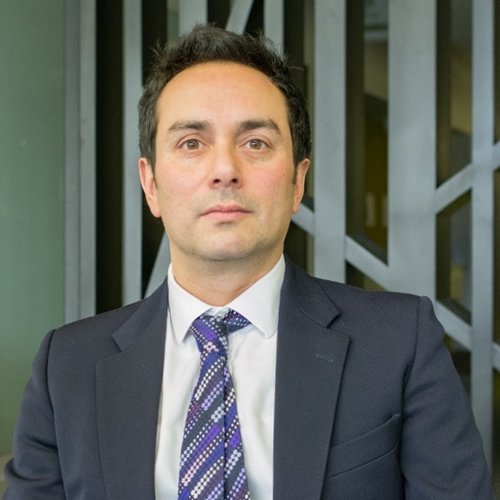Strathclyde Holds European Conference on the Use of Imprisonment
Strathclyde Law School’s Centre for Law, Crime & Justice is holding a European conference to examine the use of imprisonment.
Over 75 researchers from 13 different countries are coming together with members of the judiciary, policy officials, practitioners from law and social work and people with personal experiences of the justice system to learn from each other.
The Lord Justice Clerk, the Rt Hon Lady Dorrian, will be among the speakers at a European Conference tackling the use of imprisonment from today.
The two day conference is being chaired by Professor Cyrus Tata of Strathclyde University who explained the rationale for the European conference:
It is widely recognised that imprisonment should be used as sparingly as possible. Yet across the globe, and in several European countries, the rate and use of imprisonment remains stubbornly high. Rather than being explicable by crime rates or efficacy in reducing offending, it is well-established that variations in the rates and use of incarceration are more the result of laws, policies, and decision-making practices, enveloped in a wider prison-centric cultural environment.
Yet despite the widespread desire to reduce the use of imprisonment, especially in respect of those committing less serious offences, progress has been relatively limited. Why is this? How can we understand efforts to reduce the use of imprisonment and how have some countries recently made significant progress? What can we learn from each other?
Scotland is an apt place to the tackle the quest to reduce the use of imprisonment. Having one of the highest rates of per capita imprisonment in Western Europe, successive Scottish administrations have repeatedly stated a bold ambition to reduce radically the use of imprisonment, especially for less serious cases. Yet, how can this bold ambition be achieved? Having a lofty aspiration is not enough: there needs to be a clear, coherent and sustainable plan. This is not easy and requires considerable thought as well as learning from around the world.
